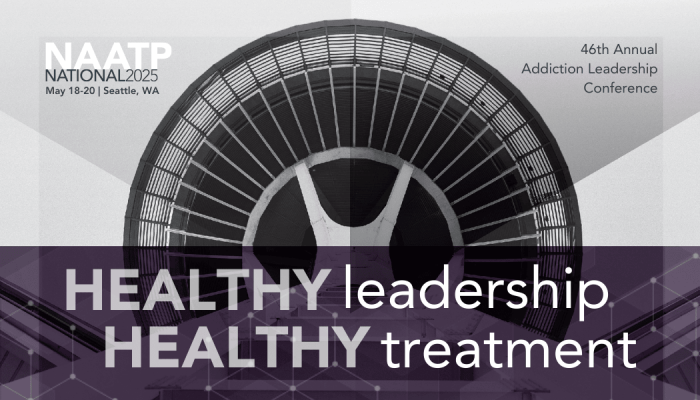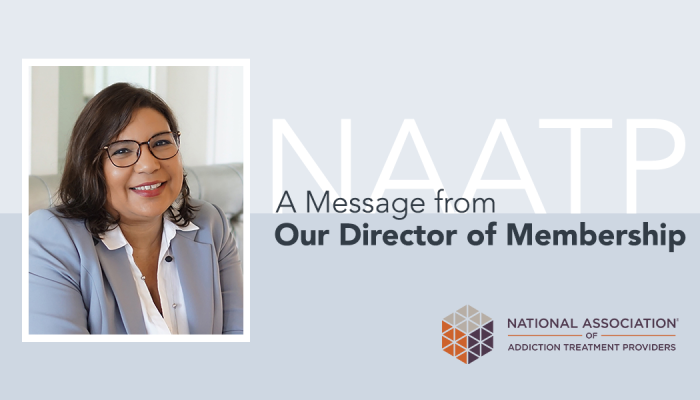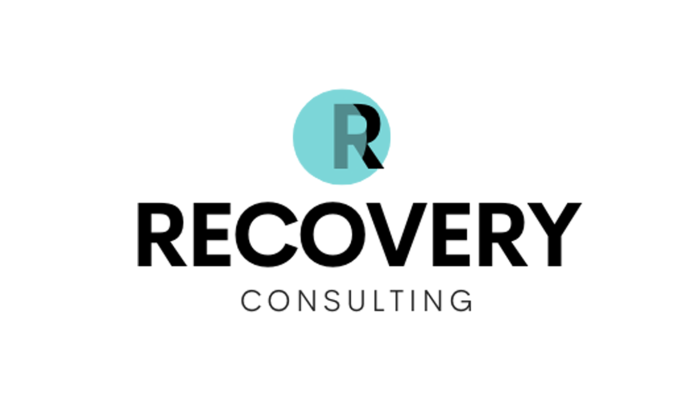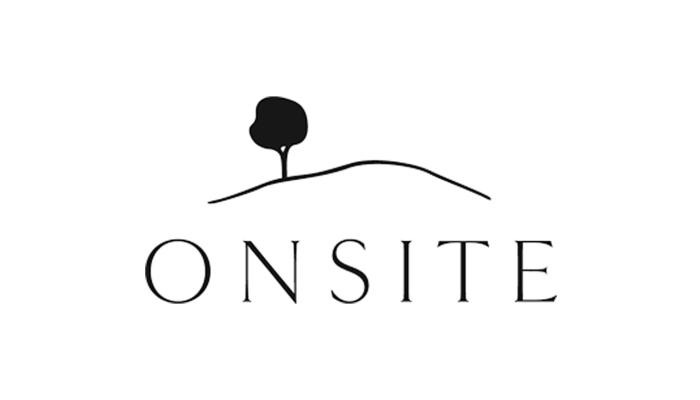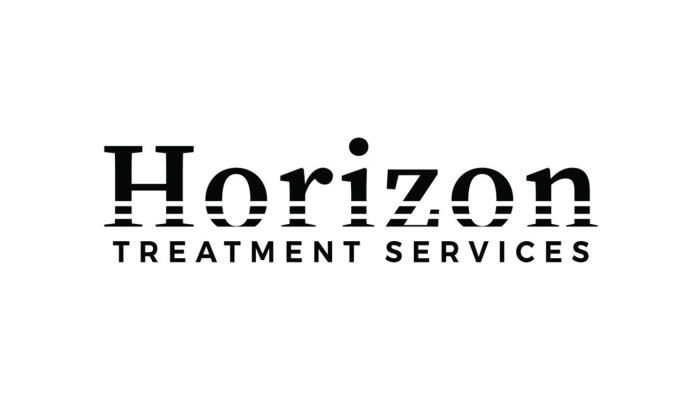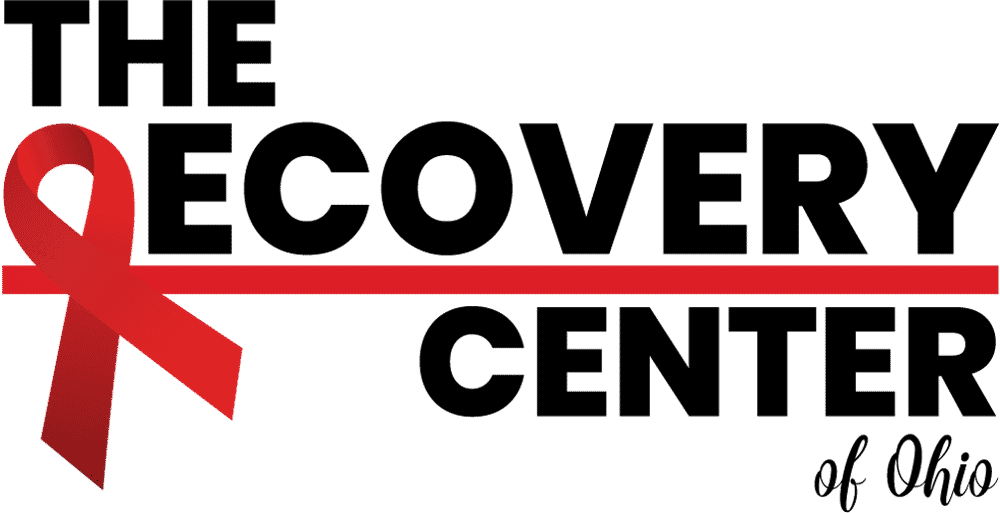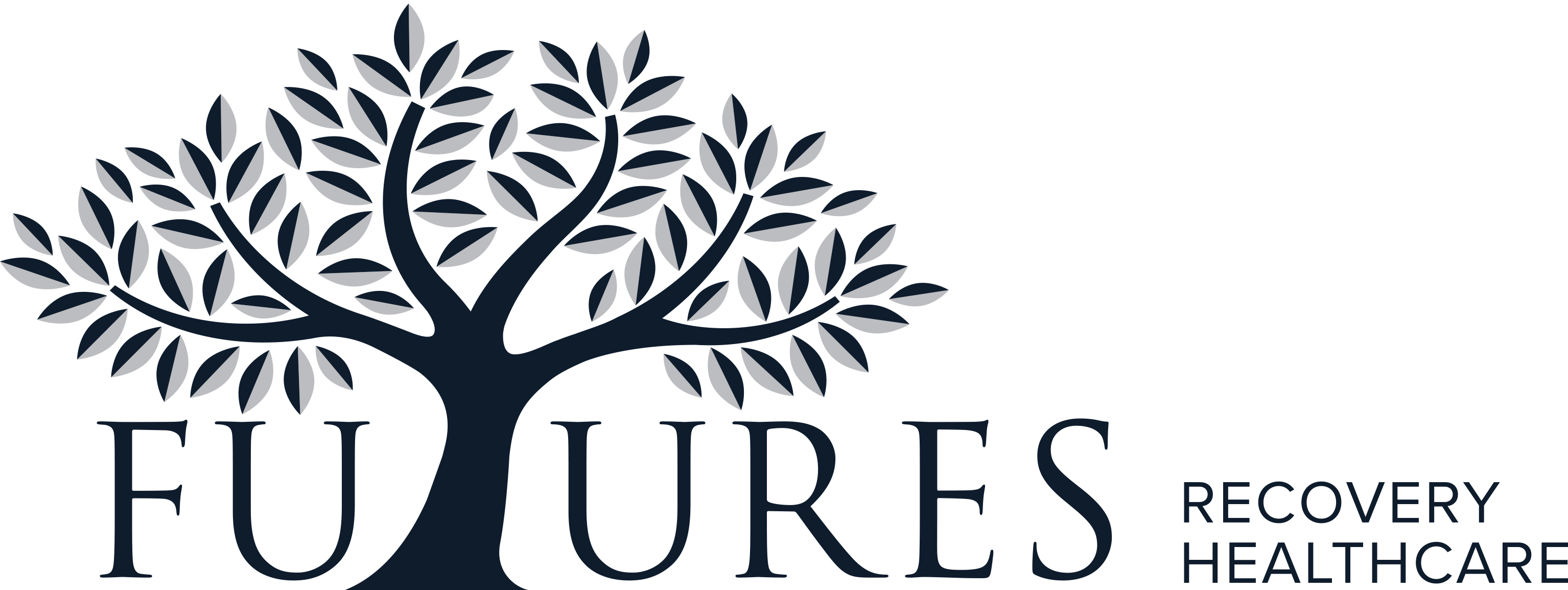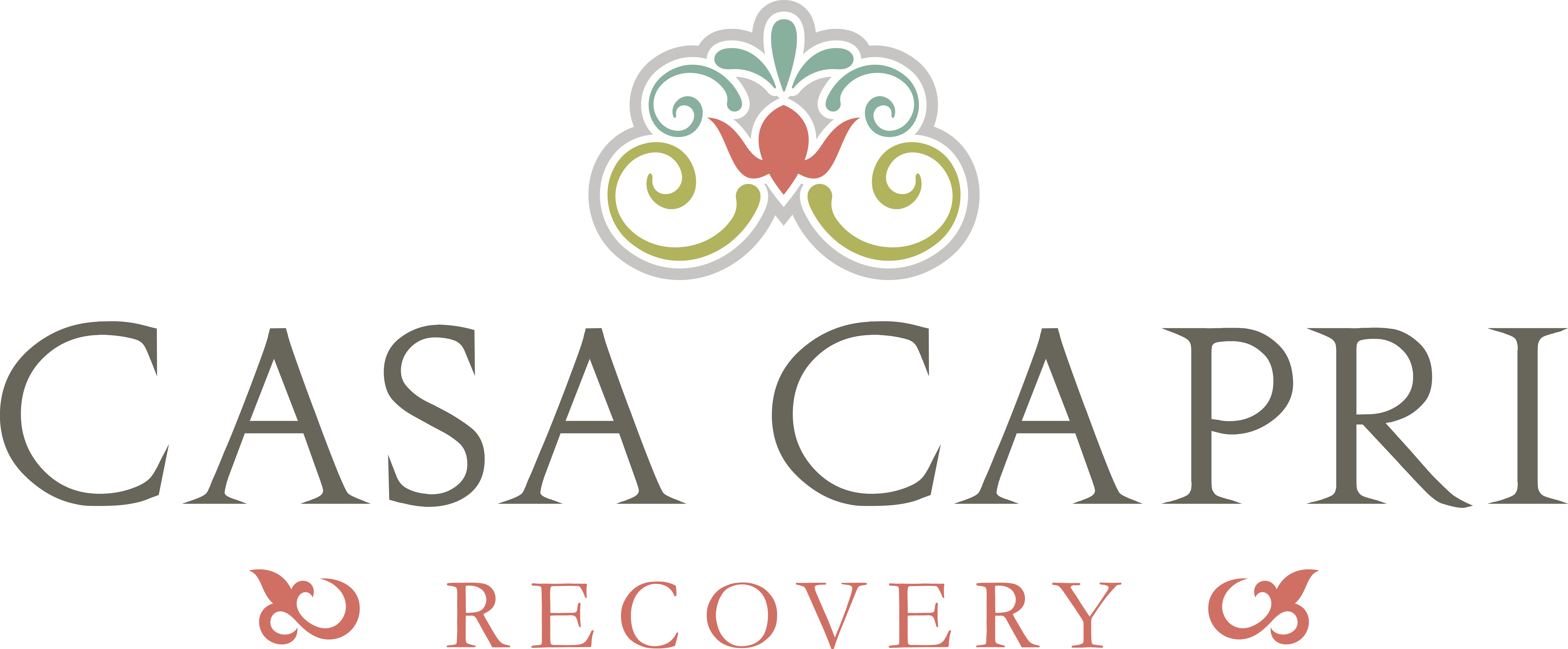Feb 25, 2021
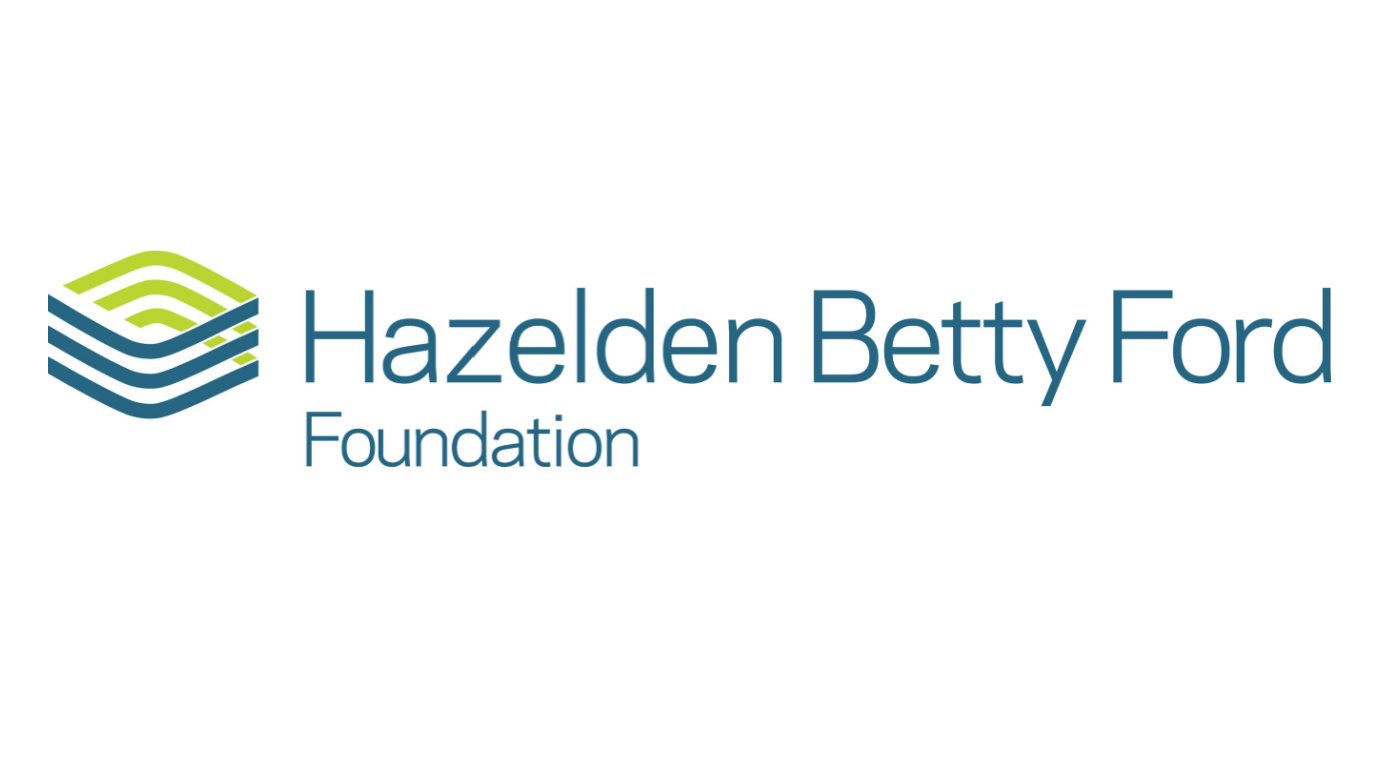
The National Association of Addiction Treatment Providers (NAATP) is pleased to congratulate Dr. Lee on his promotion and new role as Hazelden Betty Ford Foundation CEO. HBFF is held in the highest esteem by NAATP and our field at large. I have enjoyed and valued my relationship with Dr. Lee’s predecessor, Mark Mishek, tremendously. Mark’s vision, leadership, professionalism, and unwavering support for NAATP and our field at large has made us all better. He will be a tough act to follow as we look forward to the next phase of our work and collaboration with Dr. Lee. Our field is evolving and requires progressive visionaries like Dr. Lee as we move forward through the impact of The Pandemic on our patients and our providers. We have a lot of work to do together and Hazelden Betty Ford Foundation has always understood that we are all better together. - Marvin Ventrell, NAATP CEO

CENTER CITY, Minn.--(BUSINESS WIRE)--Joseph Lee, MD, has been promoted to become the eighth president and CEO of the Hazelden Betty Ford Foundation, effective June 28. An experienced addiction medicine doctor and child and adolescent psychiatrist whose parents immigrated to the U.S. from Seoul, South Korea, Lee will be the first physician and first non-white leader to take the helm of the nation’s largest nonprofit provider of addiction and mental health care, recovery resources, and related education, prevention, research and advocacy. At 45, he also will be the youngest CEO in the organization’s 72-year history.
“Dr. Lee is a generational talent who will be a pioneering leader for Hazelden Betty Ford and the field of addiction treatment for years to come,” said Lester Munson, of Chicago, who chairs the Hazelden Betty Ford Foundation’s Board of Trustees. “At this important juncture in the history of our nation, industry and organization—our Board decided that a physician CEO would be best for our future. We’re excited about Dr. Lee’s record of innovation, clinical excellence, patient-centered care and ethical, values-based leadership, as well as his exceptional abilities to think and communicate strategically, lift up other voices, and inspire hope, passion and commitment.”
Lee, medical director for Hazelden Betty Ford’s Youth Continuum since 2010, will succeed Mark G. Mishek as president and CEO and also as president of the nationally accredited Hazelden Betty Ford Graduate School of Addiction Studies.
“I am profoundly humbled and grateful to our Board of Trustees for the honor of carrying forward Hazelden Betty Ford’s incredible legacy as a force of healing and hope for individuals, families and communities affected by addiction,” Lee said. “Thanks to Mark Mishek’s leadership these past 13 years, Hazelden Betty Ford has evolved into a growing force within, rather than on the periphery of, healthcare—helping exponentially more people as a result. I am energized and inspired to build upon Hazelden Betty Ford’s strong and healthy foundation and broaden our banner even further as we seek to serve more people in different ways wherever they are.”
Lee, who lives in Minnesota’s Twin Cities with his wife and two sons, completed his residency at Duke University Hospital and his fellowship at Johns Hopkins Hospital after earning his bachelor’s and medical degrees at the University of Oklahoma. He is board certified in adult psychiatry, child and adolescent psychiatry, and addiction medicine, and is a member of the Motivational Interviewing Network of Trainers. In addition, Lee is an active member of the American Academy of Child and Adolescent Psychiatry and the American Society of Addiction Medicine, and serves on the board of the St. Paul and Minnesota Foundation, a philanthropic organization with $1.6 billion in charitable assets.
“Humility, empathy, grace and love—those are the values that define Dr. Lee the most. They’re also values that were important to my mother during her 33 years of recovery,” said Hazelden Betty Ford Trustee Susan Ford Bales, daughter of former First Lady Betty Ford. “In addition to being a brilliant therapist and physician steeped in the science of medicine and quality care, Dr. Lee is a deeply thoughtful and insightful person who understands the human condition, the needs of the human spirit, and the power of community and connection. He is beloved by the many families he has helped over the years, and if my mother were still with us, she would love him, too. I am grateful to have such a well-rounded and talented leader carry forward and build upon her legacy.”
“Betty Ford was ahead of her time in many ways, and her influence endures—not just at the Hazelden Betty Ford Foundation but throughout the world,” Lee said. “By talking publicly about her recovery from addiction and confronting stigma head-on, she laid the groundwork for others to do the same, shaping the platform for our work and for the voices of all those affected by the disease. Living up to her legacy is a tremendous honor, responsibility and priority.”
The author of Recovering My Kid, Lee is best known nationally for his work with adolescents and families affected by addiction and mental health conditions, as well as his insights on the intersections of culture, psychology and substance use. He is frequently interviewed by national media and has spoken on Capitol Hill, at the White House and at academic conferences and events across the country.
“Dr. Lee has been a leading voice for Hazelden Betty Ford and the people we serve for more than a dozen years. He is highly respected and admired, and has helped drive our focus on patient safety and quality care,” said Munson, Hazelden Betty Ford’s board chair. “His background and credibility as a master therapist and visionary clinical leader, and his incredible capacity for educating and inspiring others—including all of us who work with him—will enable Dr. Lee to lead Hazelden Betty Ford into the next exciting era in our rich history of saving and changing lives.”
One of Lee’s top priorities is advancing Hazelden Betty Ford’s diversity, equity and inclusion efforts.
“As advocates for people with addiction, Hazelden Betty Ford has always been a voice for underserved, marginalized people. At the same time, we understand the limitations of our own historical, cultural frame of reference. We recognize—humbly so—that we have much more work to do and many more bridges to build. We’re engaged in that work now, and I am committed long-term to ensuring Hazelden Betty Ford honors, serves and advocates for people from diverse and underrepresented backgrounds,” Lee said. “As an Asian-American and the son of immigrants—someone who wasn’t a U.S. citizen until I was in my medical residency—I also hope others might see opportunity for themselves in the opportunity that I have been given as CEO.”
Lee will take over amid growing demand for Hazelden Betty Ford’s addiction treatment and mental health care as well as its prevention, research, education and collaborative services.
“On its tails, the COVID-19 pandemic has brought forth another pandemic—a pandemic of despair, suffering, loneliness, depression and overdoses,” Lee said. “We’re seeing escalating needs firsthand at Hazelden Betty Ford and expect them to persist for months and possibly years to come.
“COVID-19 has exposed the reality that we need more prevention in schools; easier access to quality treatment; and more robust ecosystems of community and recovery support to help people stay well long-term,” Lee continued. “Investing in prevention, treatment and recovery is wise on many levels, but institutionalized stigma and discrimination still get in the way—too often leaving people with substance use and mental health disorders feeling like second-class citizens with second-class illnesses. We cannot allow that status quo to continue. As a healthcare and educational entity ourselves, Hazelden Betty Ford is uniquely positioned to confront stigma at an institutional level, and that is another one of our priorities.”
Lee also will focus on innovative new offerings to meet patients and families where they are and engage them in new and different ways, as well as many other priorities initiated by Mishek. Among them: a transformational, multiyear fundraising campaign; significant expansions in virtual services, prevention, and professional education and consultation; and new construction to grow service capacity in New York City; at Hazelden Betty Ford’s largest campus and headquarters in Center City, Minnesota; and at the Betty Ford Center in Rancho Mirage, California.
During his highly lauded tenure, Mishek orchestrated the historic merger of the Hazelden Foundation and the Betty Ford Center, and successfully pursued many industry-leading innovations as well as aggressive collaboration and growth, positioning Hazelden Betty Ford as a quality healthcare provider whose care is available in-network through most major health plans. Today, Hazelden Betty Ford has 17 sites and is on its way to offering virtual care in all 50 states through its RecoveryGo™ behavioral health service. It provides care to well over 25,000 patients annually—more than double what it did when Mishek arrived—and also serves a growing number of people nationally through its graduate school, publishing division, research center, professional and medical education branch, school- and community-based prevention programs and public advocacy arm.
“From early pioneers Patrick Butler and Dan Anderson to First Lady Betty Ford, Mark Mishek and now Dr. Lee, Hazelden Betty Ford has been fortunate to find exceptional leaders who were able to step in at just the right times,” Board Chair Munson said. “On the heels of Mark’s extraordinary contributions, Dr. Lee is the ideal leader to guide us into a new frontier of innovation and healthcare excellence and to lift up new voices and broaden the banner of the organization’s reach, influence and impact.”
About the Hazelden Betty Ford Foundation
The Hazelden Betty Ford Foundation is a force of healing and hope for individuals, families and communities affected by addiction to alcohol and other drugs. As the nation’s leading nonprofit provider of comprehensive inpatient and outpatient addiction and co-occurring mental health treatment for adults and youth, the Foundation has 17 locations nationwide, with expansive on-site and telehealth solutions and a network of collaborators throughout health care. With a legacy that began in 1949 and includes the 1982 founding of the Betty Ford Center, the Foundation today also encompasses a graduate school of addiction studies, a publishing division, an addiction research center, recovery advocacy and thought leadership, professional and medical education programs, school-based prevention resources and a specialized program for children who grow up in families with addiction. Learn more at www.HazeldenBettyFord.org and on Twitter @hazldnbettyford.




